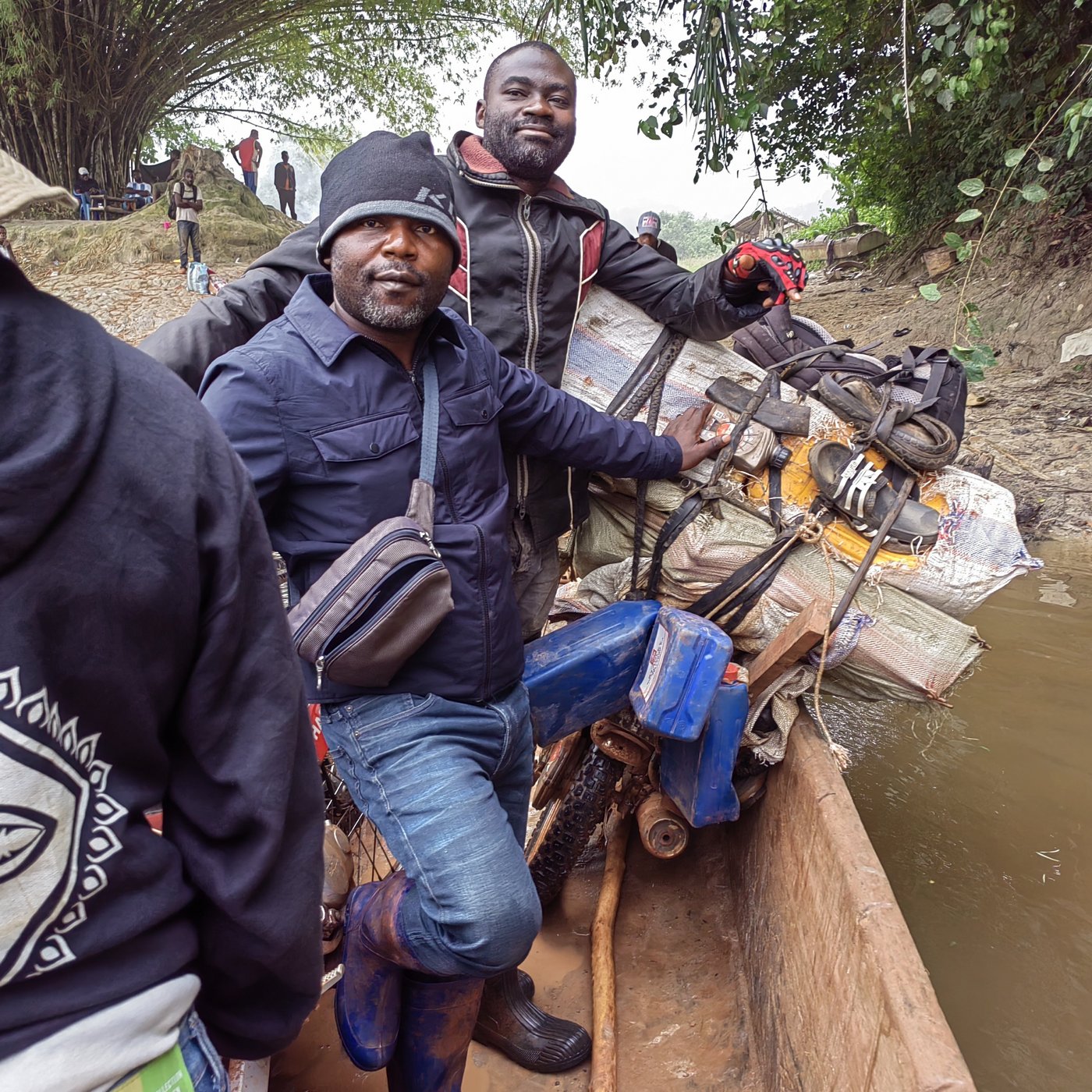Motile outbreaks: Situating Ebola resurgences in human motilities in Guinea and the Democratic Republic of the Congo (DRC), 2023-26

The main objective of our collaborative research project is to explore the resurgence of Ebola outbreaks in 2021 in Guinea in 2021 and the Democratic Republic of the Congo (DRC). These resurgences are exceptional events within the exceptional history of deadly infectious disease outbreaks. They are linked to the largest Ebola epidemics in history, namely the West Africa Ebola outbreak from 2014 and 2016 and the tenth Ebola outbreak in the Eastern DRC from 2018-2020. The discovery that these unprecedented outbreaks can resurge months and years after they had been declared over is considered to mark a new paradigm in Ebola research, which amongst many other things has been grappling with the question how to track the mobility of viruses bound up with human and nonhuman actors.
We pioneer an innovative approach to the study of mobility of humans and viruses in them, which sites movement in specific capacities to be mobile. Often mobility is narrowly reduced to physical transprt infrastructures which does not provide a comprehensive account of the movement of people carrying pathogens. Rather, mobility needs to be examined as a practice of using capacities to be mobile, which are socially defined. Most notably, in the case of Ebola resurgences in Guinea and the DRC, people's capacities to be mobile are construed by socially stratified networks of care and support connecting relatives, kin, and friends across time and space.
This project is a collaboration between BNITM (S.-J. Park), ENS Lyon, IRD (F. LeMarcis & A. M. Saez), Pole Institute (N. Morisho), and CERFIG (A. Somparé et E. Somparé). Our project is funded by the German Research Foundation and the French National Research Agency.
See also www.cerfig.org/service/mout/.










